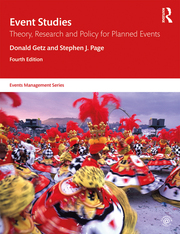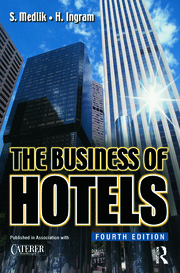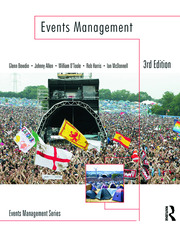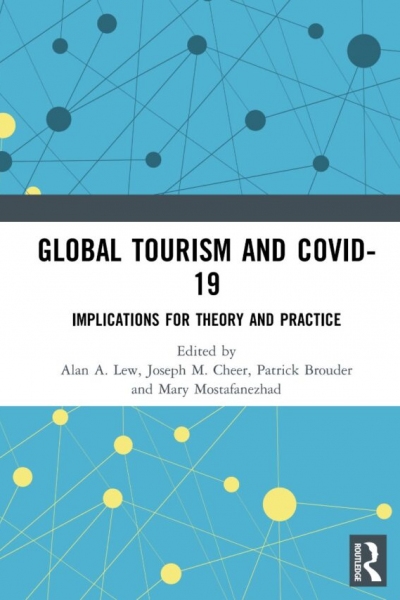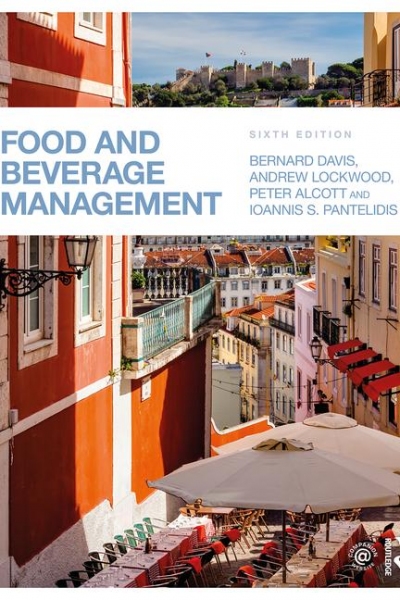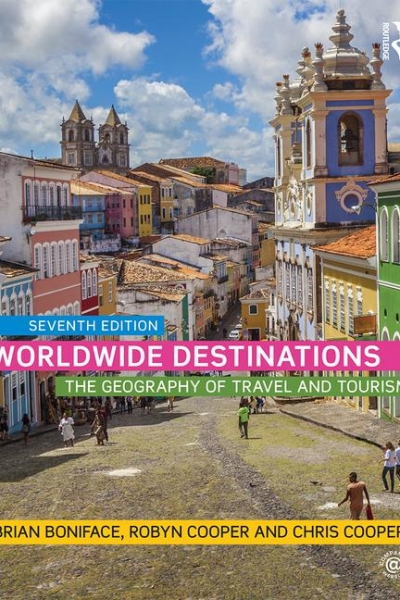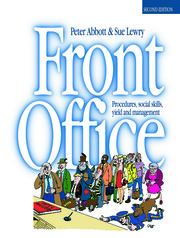Description
Event Studies is the only book devoted to developing knowledge and theory about planned events. It focuses on event planning and management, outcomes, the experience of events and the meanings attached to them, the dynamic processes shaping events and why people attend them.
This title draws from a large number of foundation disciplines and closely related professional fields to foster interdisciplinary theory focused on planned events. This revised edition has been updated to reflect and examine a number of substantial and important new ideas.
New to the fourth edition:
new sections on the evolution of design theory, management, planning and marketing theory applied to events, sensory stimulation, leadership, and the nature of crises and security issues;
new content on critical event studies and what this means for research and practice, the life-cycle model for event programming, and an action plan for how events can be a positive force in sustainable cities;
new and additional case studies from a wide range of international events, and reviews of the evolving theory of contemporary research in events studies are included throughout.
This will be an invaluable resource for all undergraduate students of events studies throughout their degree programmes.
Table of Contents
Part 1 Introductory concepts in event studies
1. Introduction and overview of event studies
What is event studies?
A framework for understanding and creating knowledge about planned events
How the literature has evolved
Major subdivisions (discourses) within event studies
Forces, trends and issues
2. The world of planned events
Describing and classifying events
Planned versus unplanned events
Description and examples of the major event forms
Part 2 Foundation disciplines and closely related fields
3. The contribution of anthropology, sociology, philosophy, religious studies and psychology to event studies
Introduction
Anthropology
Sociology
Philosophy
Religious studies
Psychology
4. The contribution of economics, management, political science, law, history, human geography and future studies to event studies
Economics
Management
Political science
Law
History
Human geography
Future studies
5. The contribution of closely related professional fields to event studies
Introduction
Leisure studies
Tourism studies
Hospitality studies
Education and interpretation
Communications, media and performance studies
Arts and cultural management
Cultural studies
Sport management and sport studies
Venue, club and assembly management
Theatre studies
Health studies
Urban and community studies
Rural studies
Aboriginal, ethnic and multicultural studies
Visitor studies
Part 3 Framework for understanding and creating knowledge
6. The event experience and meanings
Defining ‘experience’
A model of the planned event experience
Generic and specific types of planned event experiences
Meanings attached to planned event experiences
7. Event design
What is design?
Creativity and innovation
Designing event settings
Theming, programming and service design
Evidence and research-based design
8. Antecedents and decision-making
What are antecedents?
Barriers and constraints
Decision-making
9. Event management, planning and marketing
Introduction
Leadership
Inter-organizational behaviour and stakeholder management
Planning and decision-making
Operations and logistics
Marketing and communications
Resources and financial management
Human resource management
10. Outcomes: evaluation and impact assessment
Introduction
Key terms and concepts
The forces-pressure-state-impact-response model (FPSIR)
Logic and theory of change models
Social outcomes
Cultural outcomes
Built-environment outcomes
Nature and ecological processes
Economic impacts
Comprehensive benefit and cost evaluation
11. Events and public policy
Public policy and events
Justifying public-sector involvement
Economic policy and events
Cultural policy and events
Social policy and events
Environmental policy and events
Public policy-making
Part 4 Conclusion
12. Science, knowledge and theory for event studies
Philosophy and knowledge
Research methodologies
Research, knowledge creation and theory development for event studies
An agenda for research and theory development
Future perspectives
